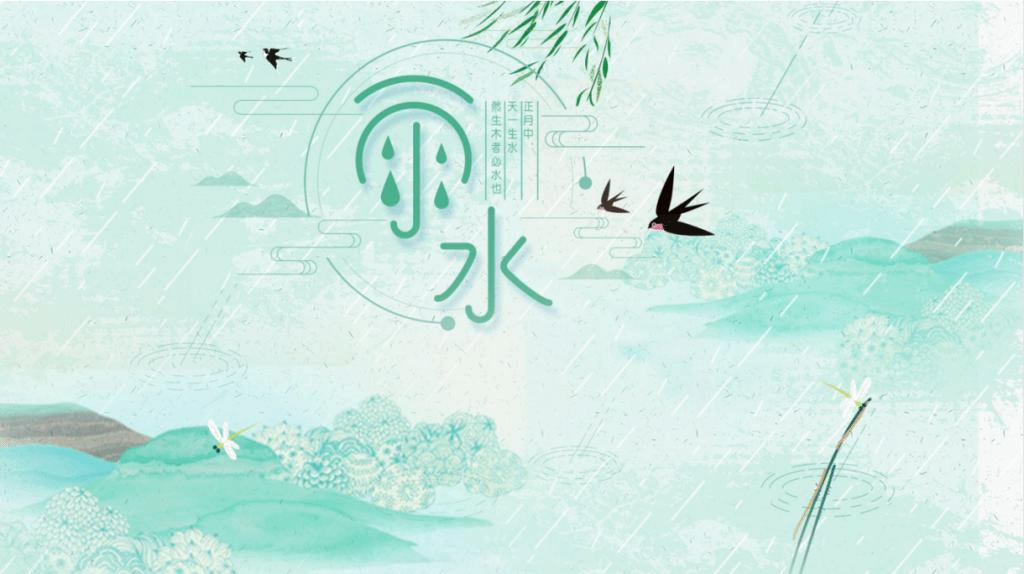Editor's note: The 24 solar terms are an ancient Chinese calendar used to guide farming. They are the crystallization of the accumulated experience and wisdom of the working people of the Chinese nation. Since ancient China was an agricultural society, people required a strict understanding of the sun’s movement, and farming was conducted entirely according to the sun as well. Therefore, the “24 solar terms”, which reflects the sun’s movement cycle, were added to the calendar as the standard for determining leap months. The 24 solar terms are: Start of Spring, Rain, Awakening of Insects, Spring Equinox, Qingming Festival, Grain Rain, Start of Summer, Grain buds, Grain in Ear, Summer Solstice, Minor Heat, Major Heat, Start of Autumn, End of Heat, White Dew, Autumn Equinox, Cold Dew, Frost’s Descent, Start of Winter, Minor Snow, Major Snow, Winter Solstice, Minor Cold and Major Cold. On November 30, 2016, China’s “24 Solar terms” were officially inscribed on UNESCO’s Representative List of Intangible Cultural Heritages of Humanity. We have introduced this 24 Solar Terms column to bring you a taste of the beauty of traditional Chinese culture.
Rain, which falls on 19th February this year, is the second solar term in the Chinese lunar calendar. It generally starts from February 18 to 20 and ends on March 4 or 5. During this time, the weather is uncertain and cold waves occur most often.

Rain
China is wide and boundless, so spring comes earlier in some regions and later in others. For example, when most places in the south of the Yangtze River are a scene of early spring with warm sunlight and green fields, some places still snow.
Rain, Grain Rain, Light Snow and Heavy Snow are all solar terms reflecting rainfall. Rain also represents the rise in temperature. It is relatively cold before the Rain arrives. After Rain the temperature is warmer, which is conducive to the greening or growth of wintering crops. Therefore, ancient working people paid close attention to field management. They carried out preparations such as seed selection and fertilization to facilitate the harvest.
There are also some customs on the day of Rain. People hold fires, carry out ancestors worship, and others, These activities reflect the vitality of the solar term and injecting strength into life.
Since ancient times, proverbs and poems about Rain have been numerous. Meng Haoran, a famous poet, once wrote about Rain, "When the wind and rain come at night, we know how much flowers fall." He described a vivid scene brought by Rain. These poems and proverbs handed down by tradition are not only the wisdom of China’s working people, but also reflect their positive attitude towards life.

